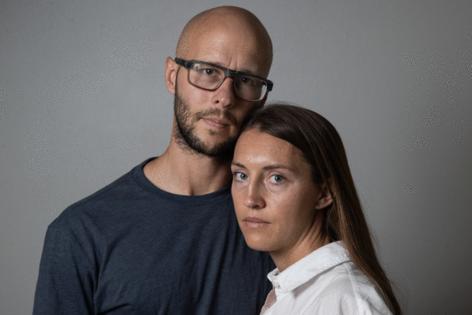What Florida's new 6-week abortion ban means for the South, and traveling patients
Published in Health & Fitness
Monica Kelly was thrilled to learn she was expecting her second child.
The Tennessee mother was around 13 weeks pregnant when, according to a lawsuit filed against the state of Tennessee, doctors gave her the devastating news that her baby had Patau syndrome.
The genetic disorder causes serious developmental defects and often results in miscarriage, stillbirth, or death within one year of birth. Continuing her pregnancy, doctors told her, could put her at risk of infection and complications that include high blood pressure, organ failure, and death.
But they said they could not perform an abortion due to a Tennessee law banning most abortions that went into effect two months after the repeal of Roe v. Wade in June 2022, court records show.
So Kelly traveled to a northwestern Florida hospital to get an abortion while about 15 weeks pregnant. She is one of seven women and two doctors suing Tennessee because they say the state’s near-total abortion ban imperils the lives of pregnant women.
More than 25,000 women like Kelly traveled to Florida for an abortion over the past five years, state data shows. Most came from states such as Alabama, Louisiana, and Mississippi with little or no access to abortion, data from the Centers for Disease Control and Prevention shows. Hundreds traveled from as far as Texas.
But a recent Florida Supreme Court ruling paved the way for the Sunshine State to enforce a six-week ban beginning in May, effectively leaving women in much of the South with little or no access to abortion clinics. The ban could be short-lived if 60% of Florida voters in November approve a constitutional amendment adding the right to an abortion.
In the meantime, nonprofit groups are warning they may not be able to meet the increased demand for help from women from Florida and other Southeastern states to travel for an abortion. They fear women who lack the resources will be forced to carry unwanted pregnancies to term because they cannot afford to travel to states where abortions are more available.
That could include women whose pregnancies, like Kelly’s, put them at risk.
“The six-week ban is really a problem not just for Florida but the entire Southeast,” said McKenna Kelley, a board member of the Tampa Bay Abortion Fund. “Florida was the last man standing in the Southeast for abortion access.”
...continued
©2024 KFF Health News. Distributed by Tribune Content Agency, LLC.










Comments